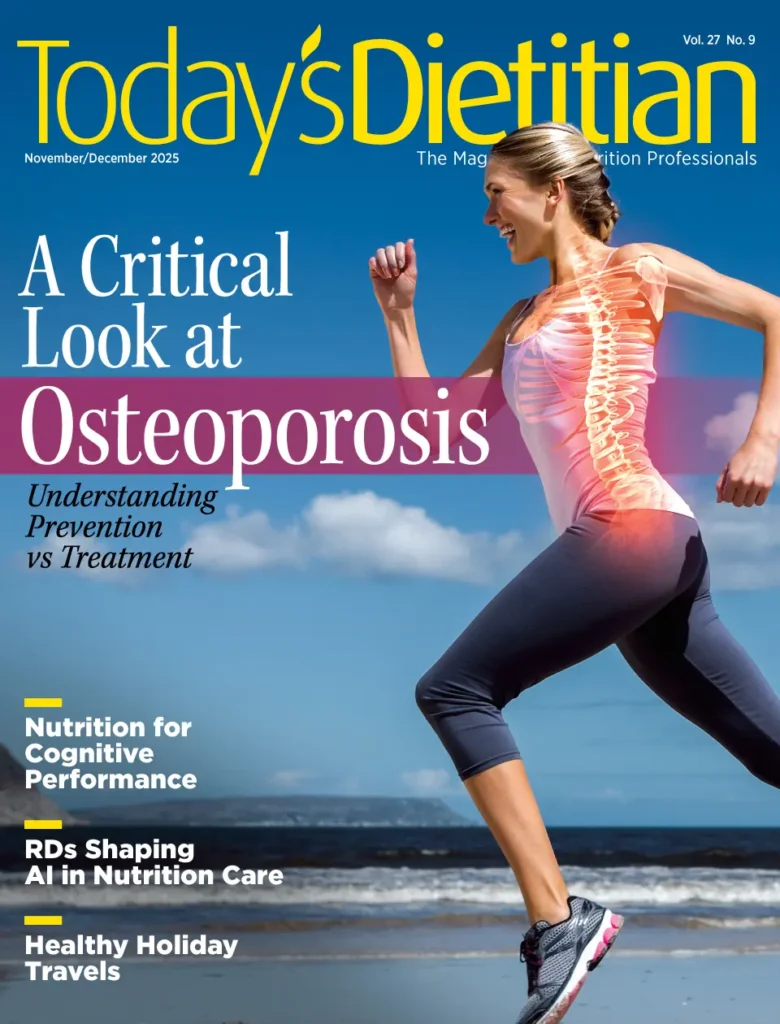Middle-aged men who worry a great deal have a higher chance of developing risk factors that can lead to heart disease, stroke, and type 2 diabetes as they age, according to a new study that tracked men for 40 years.
The study, published in the Journal of the American Heart Association, found men who often felt anxious or overwhelmed developed heart disease risk factors such as obesity, high blood pressure, and high cholesterol at a faster rate than their less-worried peers. The biggest worriers had a 10% to 13% greater chance of eventually accumulating six or more risk factors, compounding the risks of heart disease and stroke associated with normal aging.
“Having six or more high-risk cardiometabolic markers suggests that an individual is very likely to develop or has already developed cardiometabolic disease,” said lead study author Lewina Lee, PhD, in a news release. Lee is an assistant professor of psychiatry at Boston University School of Medicine and an investigator and clinical psychologist at the National Center for Posttraumatic Stress Disorder at the VA.
Researchers analyzed data collected by the VA’s Boston Outpatient Clinic from 1,561 men between 1975 and 2015. Participants, 97% of whom were white, included veterans and nonveterans whose average age at the start was 53.
The men were assessed for neuroticism—the tendency to interpret situations as stressful, threatening, or overwhelming—and worry levels through two mail-in surveys. They also had physical exams, including blood tests, every three to five years until they died or the study period ended. Cardiometabolic risk factors were measured, including blood pressure, total cholesterol, triglycerides, obesity, fasting blood sugar, and an inflammation marker called erythrocyte sedimentation rate.
Overall, the men developed one cardiometabolic risk factor per decade from ages 33 to 65, with an average of 3.8 risk factors by age 65. People with high levels of neuroticism had more risk factors than their less-stressed peers at all ages and were 13% more likely to develop six or more cardiometabolic risk factors as they aged. Those who said they worried a great deal were 10% more likely to accumulate six or more cardiometabolic risk factors.
“Individuals with high levels of neuroticism are prone to experience negative emotions—such as fear, anxiety, sadness, and anger—more intensely and more frequently,” Lee said. “Worry refers to our attempts at problem-solving around an issue whose future outcome is uncertain and potentially positive or negative. Worry can be adaptive, for example, when it leads us to constructive solutions. However, worry can also be unhealthy, especially when it becomes uncontrollable and interferes with our day-to-day functioning.”
While the study didn’t analyze whether treating anxiety could reduce heart-related health risks, Lee said people who spend plenty of time feeling this way should be aware of their risk factors and take steps to manage them.
“For example,” she said, “by having routine health checkups and being proactive in managing their cardiometabolic disease risk levels (such as taking medications for high blood pressure and maintaining a healthy weight), they may be able to decrease their likelihood of developing cardiometabolic disease.”
— Source: American Heart Association
Obesity, Kidney Disease May Be More Common in Type 1 Diabetes Than Thought
People with type 1 diabetes should be screened regularly for obesity and chronic kidney disease, according to a study published in the Endocrine Society’s Journal of Clinical Endocrinology & Metabolism.
In type 1 diabetes, the body completely stops making insulin. In type 2 diabetes, the body produces insulin, but the cells don’t respond to insulin as well as they should, and, later in the disease, the body often doesn’t make enough insulin. Type 2 diabetes is more likely to occur in people who are over the age of 40, are overweight, and have a family history of diabetes, although more and more younger people are developing type 2 diabetes.
“Our study shows that obesity rates in adults with type 1 diabetes are increasing and mirror the rates in the general adult population,” says Elizabeth Selvin, PhD, MPH, of Johns Hopkins Bloomberg School of Public Health and Johns Hopkins University in Baltimore. “Our research also highlights the high risk of kidney disease in people with type 1 diabetes. Kidney disease is often considered more common in people with type 2 diabetes, but our data show adults with type 1 diabetes actually had a higher risk of kidney disease than those with type 2.”
The researchers studied data from 4,060 people with type 1 diabetes and 135,458 people with type 2 diabetes from the Pennsylvania-based Geisinger Health System between 2004 and 2018. They found 37% of people with type 1 diabetes had obesity and the prevalence of kidney disease was higher in people with type 1 diabetes than those with type 2 after adjusting for age differences (16% vs 9% in 2018).
“Our results highlight the need for interventions to prevent weight gain and end-stage kidney disease in people with type 1 diabetes,” Selvin says.
— Source: Endocrine Society


